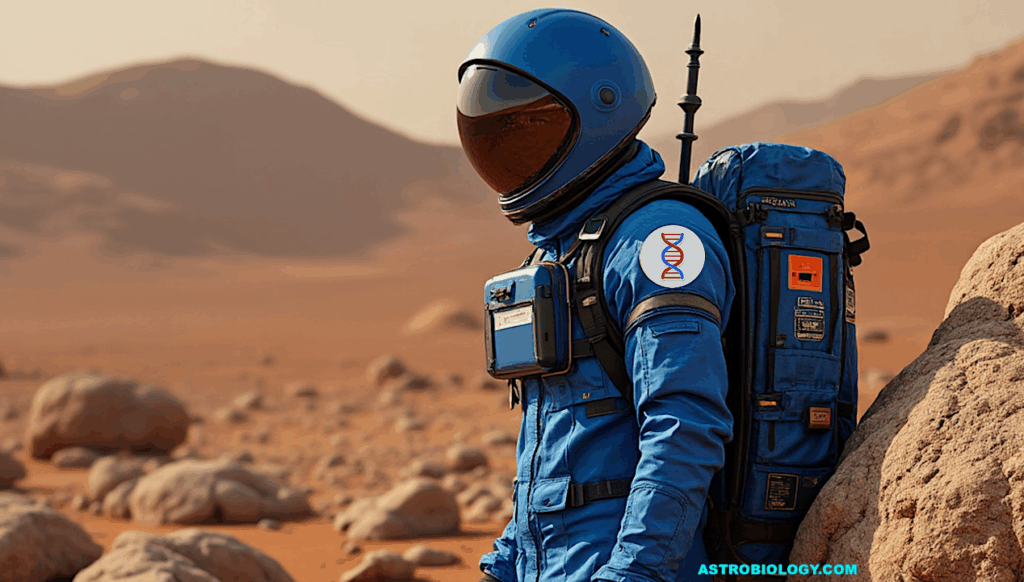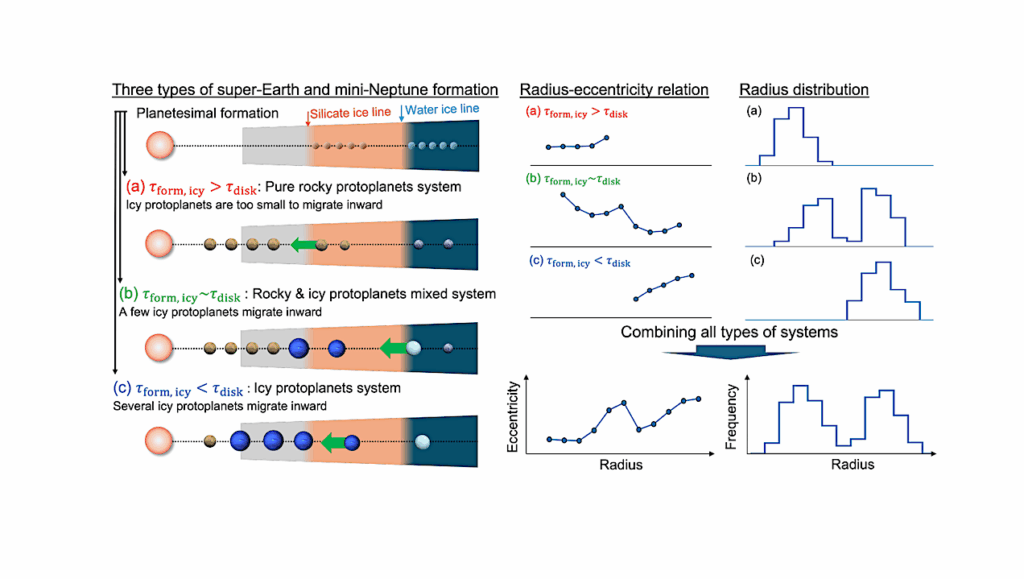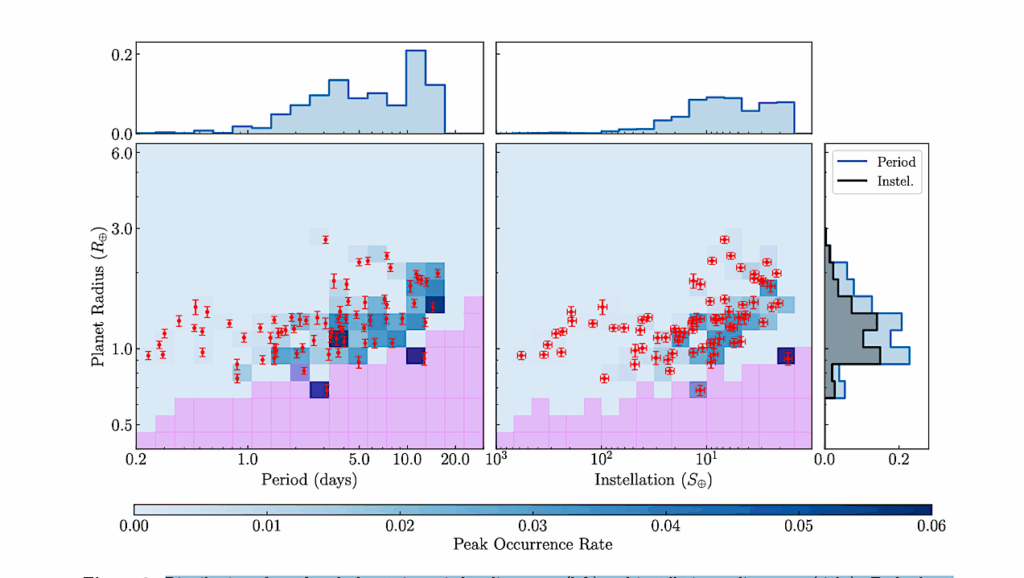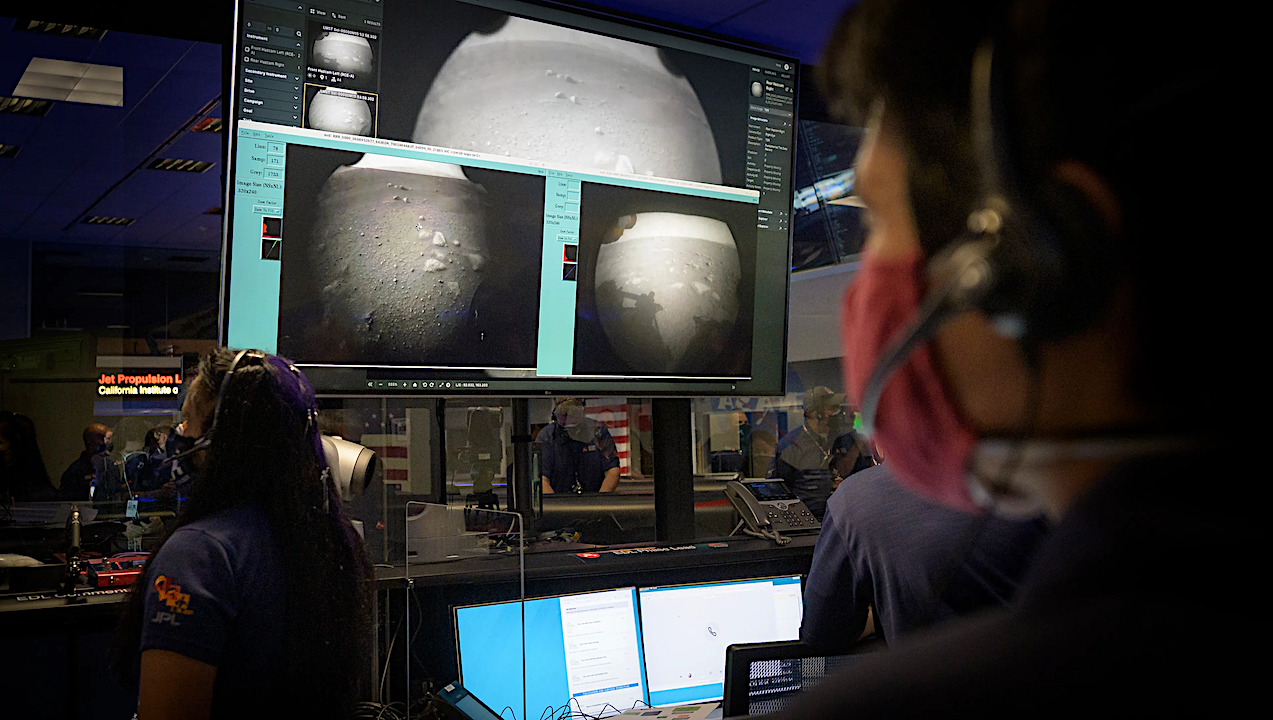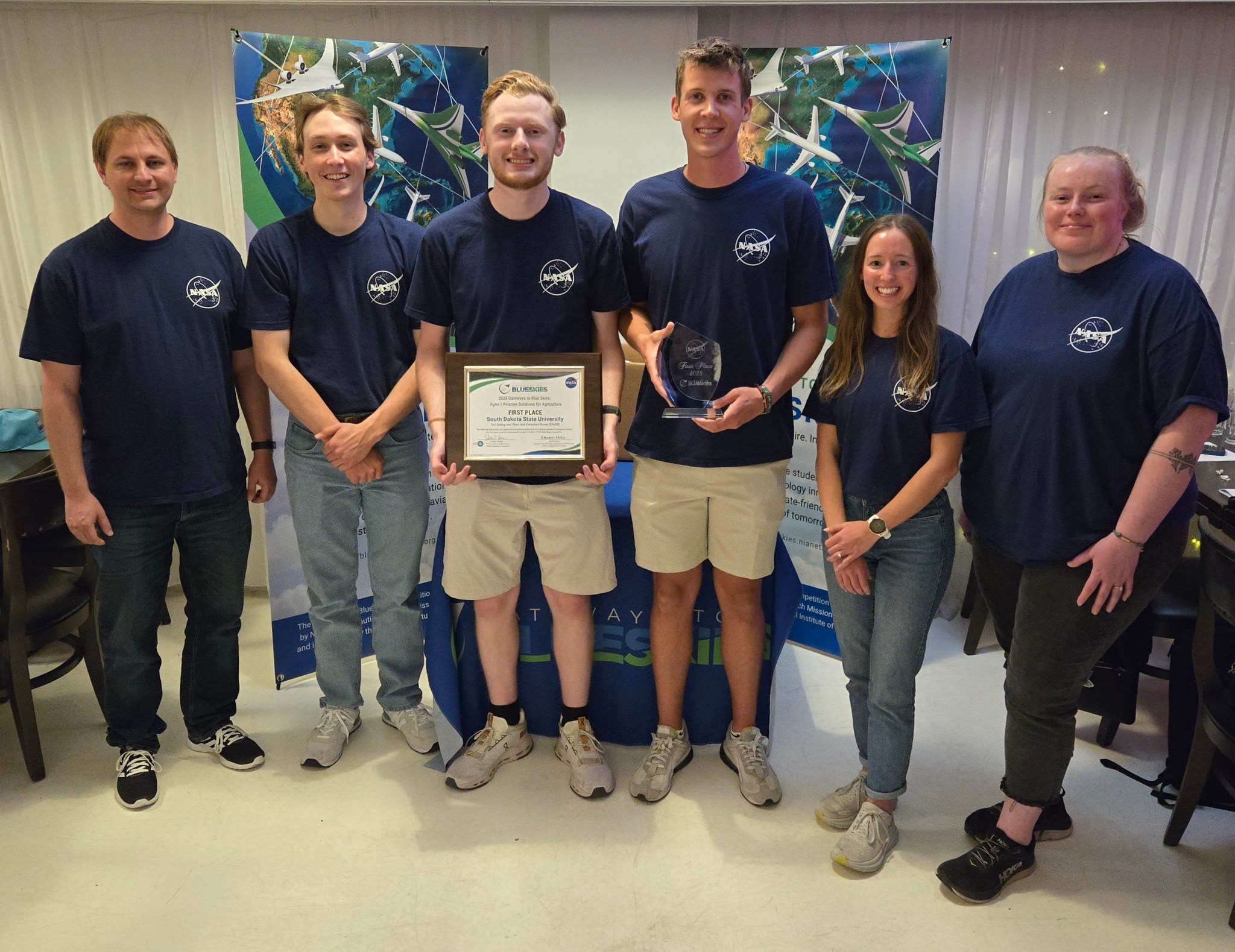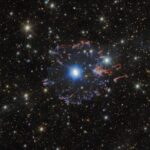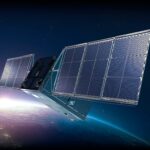Now Reading: NASA TPS Capability for Astrobiology Missions – NASA-DARES 2025 White Paper
-
01
NASA TPS Capability for Astrobiology Missions – NASA-DARES 2025 White Paper
NASA TPS Capability for Astrobiology Missions – NASA-DARES 2025 White Paper
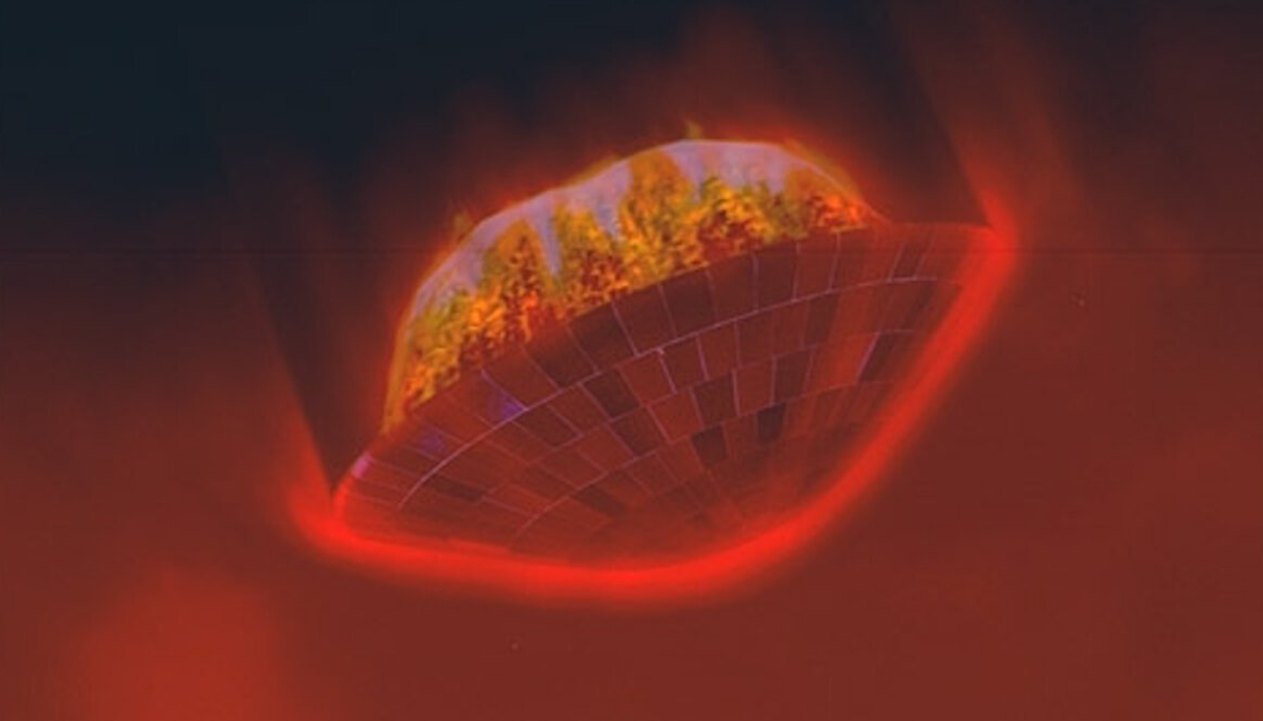

Topic 2 Response to 2025 NASA DARES RFI
Jonathan Morgan, NASA Ames Research Center (ARC-TSM)
Peter Marshall, NASA Ames Research Center (ARC-TSM)
The two kinds of science missions that support Astrobiology are: 1) In-situ investigations at destinations that have the potential for life and 2) technically challenging sample return missions to allow sample analysis with sophisticated hardware on Earth.
Both mission types need thermal protection systems (TPS) as they enter the planet’s atmosphere, but samples returned to Earth must further obey backward planetary protection requirements to avoid contaminating Earth during atmospheric entry and recovery. In-situ missions benefit from NASA’s enduring capability with low-density ablators (missions like Mars 2020 and Dragonfly) and the continued efforts in optimizing the technology for improved performance at lower cost. Sample return missions adhering to Category 5 backward planetary protections are made viable by Woven TPS, as with Mars Sample Return – Earth Entry System.
For each TPS, however, there are existential threats that originate from commercial supply chain challenges and atrophy in industrial capabilities. Looking to the future missions of interest to Astrobiology (e.g. comet and/or Enceladus sample return), it is imperative that the community advocate for the continuation of NASA’s specialized expertise in TPS. Preserving experience base allows NASA, having developed most of the TPS that serve planetary missions, to address supply chain issues, develop alternates, and revive capabilities as needed. NASA experts are the only group with long-term charter that can and will provide end-to-end support to ensure mission success.
Full paper below
Astrobiology
Stay Informed With the Latest & Most Important News
Previous Post
Next Post
-
 01Two Black Holes Observed Circling Each Other for the First Time
01Two Black Holes Observed Circling Each Other for the First Time -
 02From Polymerization-Enabled Folding and Assembly to Chemical Evolution: Key Processes for Emergence of Functional Polymers in the Origin of Life
02From Polymerization-Enabled Folding and Assembly to Chemical Evolution: Key Processes for Emergence of Functional Polymers in the Origin of Life -
 03Astronomy 101: From the Sun and Moon to Wormholes and Warp Drive, Key Theories, Discoveries, and Facts about the Universe (The Adams 101 Series)
03Astronomy 101: From the Sun and Moon to Wormholes and Warp Drive, Key Theories, Discoveries, and Facts about the Universe (The Adams 101 Series) -
 04True Anomaly hires former York Space executive as chief operating officer
04True Anomaly hires former York Space executive as chief operating officer -
 05Φsat-2 begins science phase for AI Earth images
05Φsat-2 begins science phase for AI Earth images -
 06Hurricane forecasters are losing 3 key satellites ahead of peak storm season − a meteorologist explains why it matters
06Hurricane forecasters are losing 3 key satellites ahead of peak storm season − a meteorologist explains why it matters -
 07Binary star systems are complex astronomical objects − a new AI approach could pin down their properties quickly
07Binary star systems are complex astronomical objects − a new AI approach could pin down their properties quickly













